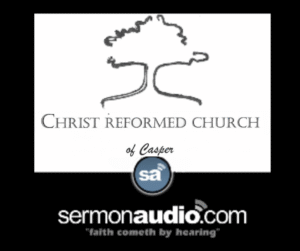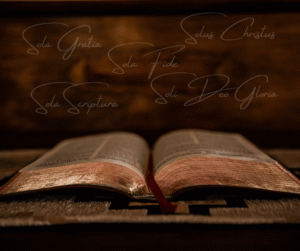The Breath of God
Hymn #334 is our hymn of application this Sunday, and it is a prayer to the Holy Spirit for His influence in our lives. The word “Spirit” in Hebrew and Greek is the same word as “breath” or “wind”, leading to the hymn writer using this figure. The Scripture text in the Trinity is John 20:22, where Jesus breathes on the disciples, symbolizing the gift of the Spirit. Frequently in the Old Testament, the promise is made that one day the Spirit of God would be poured out on God’s people and that the result would be that their sinful natures would be changed andRead More →

